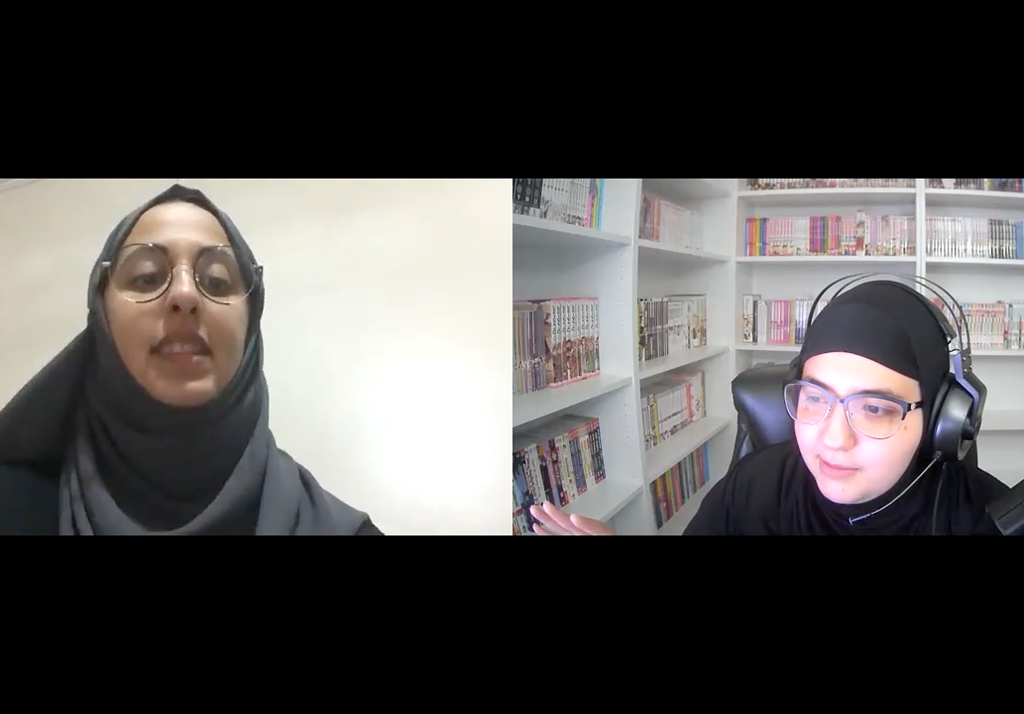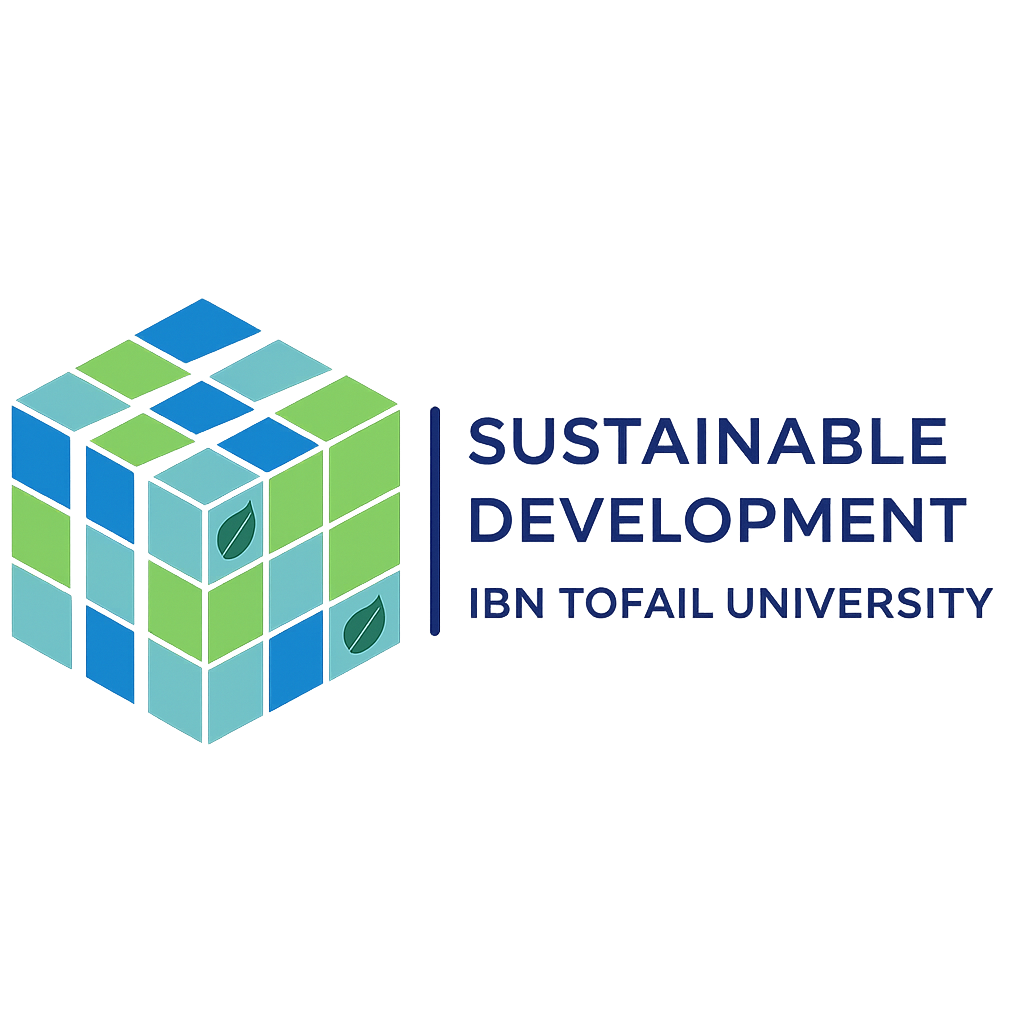
Funding partner: Stevens Initiative
At Ibn Tofail University in Kenitra, Morocco, innovation isn’t just a buzzword, it’s a mission. With a team of dedicated professors and dynamic scientific researchers, the university is always looking for new ways to bring fresh energy and creativity into the academic experience. A shining example of this commitment is the university’s participation in innovative international initiatives such as Virtual Tabadoul, which engages over 1,200 college-aged students from the United States, Algeria, and Morocco. This dynamic virtual exchange project aims to foster cross-cultural dialogue, language learning, and meaningful connections between students from the U.S. and the MENA region.
Example of VR scene and task sequencing in Virtual Tabadul curriculum:

Led by the Department of English at Ibn Tofail University and under the guidance of Professor Hdouch Youcef, Virtual Tabadoul marks a bold new chapter in language learning and intercultural exchange. This pioneering project brings Moroccan and American students together through virtual reality to learn each other’s languages, Arabic and English, while diving deep into one another’s culture.
It’s a powerful reminder that language is best learned in context, and even better when it’s shared between real people with real stories, as shown in the following screenshot:

Why Virtual Tabadoul Stands Out
At its heart, it’s about connection. It gives students from both countries the chance to explore different perspectives, build friendships, and communicate meaningfully, all within an inclusive and accessible digital space. For many Moroccan students, this virtual platform is their first opportunity to engage with native English speakers in a truly immersive environment. For American students, it’s a rare and enriching chance to interact with native Arabic speakers and explore Moroccan culture from a fresh point of view. Moreover, the project utilizes the latest theoretical and empirical advancements in the fields of applied linguistics.
The social brain of language learning (SL2)

The program grew from a shared desire to innovate language education. When the Stevens Initiative announced funding opportunities for virtual exchange projects, Ibn Tofail University saw a chance to answer a growing need: students were craving more interactive and modern approaches to learning. Today’s generation is highly tech-savvy, and traditional classroom methods often leave them feeling unengaged and less motivated. Programs like Virtual Tabadoul offer a solution by bringing learning to life through technology, creativity, and real-world application.
The use of 360 GoPro camera as shown in this picture:

Rooted in some of today’s most forward-thinking educational principles, Virtual Tabadoul project believes that:
- Learning can exist beyond the classroom, even in non-human appliances like apps and VR tools.
- The ability to learn more is more important than what is currently known.
- Connecting ideas across disciplines is one of the most valuable skills students can develop.
Virtual Tabadoul is more than just a language project. It’s a model for international collaboration, cultural understanding, and digital-age learning. It inspires students to see themselves as global citizens, ready to embrace diversity and learn from one another. Here’s an academic-style revision:
The project was presented at a scientific event, namely the international conference organized by the Faculty of Human Sciences at Ibn Tofaïl University, which underscored the significance of integrating transversal skills into language education. link: International Conference at UIT Highlights the Role of Transversal Skills in Language Education – Sustainable Development
Thanks to the leadership of institutions like Ibn Tofail University and visionary educators, Moroccan students are stepping confidently into the future of education. And with programs like Virtual Tabadoul paving the way, the future looks bright, connected, and full of possibility.

